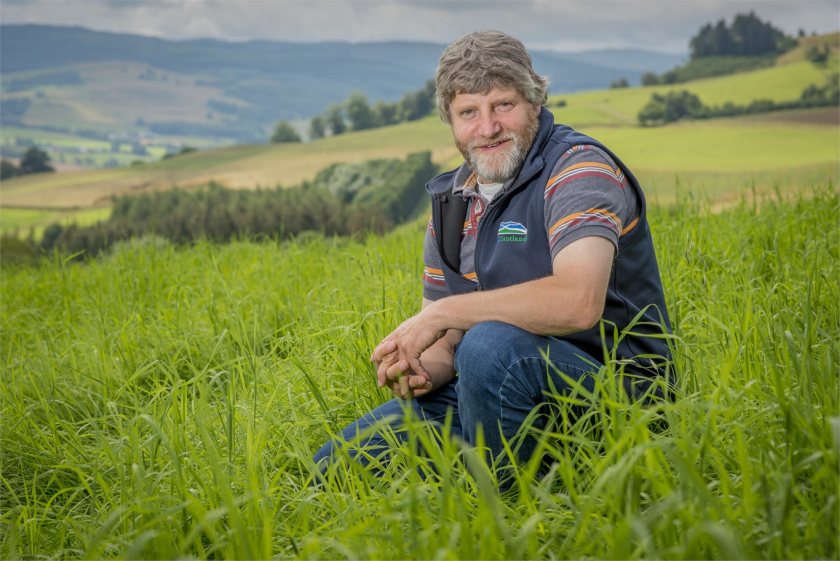
Government and retailers must 'wake up' to the UK's food security risk amid the biggest rate of inflation in generations, NFU Scotland's president has said.
In a stark warning, Martin Kennedy explained that the ramifications of Ukraine war would have 'long lasting impacts' on the UK's ability to produce food.
It comes as the cost of production linked to fertiliser, fuel, energy and animal feed prices continues to rocket.
Feed wheat and feed barley prices are already being quoted at £335 and £310 per tonne, respectively.
And unless there was a 'significant rise' in retail prices that recognised the increase in the cost of production, farmers would scale back on production, Mr Kennedy said.
"Our fragile food security position will be further undermined, and food inflation will be even greater long term," the Highland livestock farmer warned.
"Right now, we have government ministers telling us that we don’t need fertiliser, there’s enough manure and slurry to compensate for the loss of artificial fertiliser.
"That statement shows a real lack of understanding of what is happening on the ground."
He said farmers had been taken for granted and rewarded poorly 'for too long', and many would not continue to produce food without seeing a return.
From a livestock perspective, he highlighted that his own costs for fertiliser alone had risen from £3.00 per bale of silage to £11.00 per bale.
"When you add in fuel and plastic wrap, it looks like the only way forward is to reduce numbers," Mr Kennedy continued.
"Multiply that across the country, add in difficulties for some sectors sourcing labour, and the effect on the essential critical mass of Scottish farm output will be devastating.
"Any reduction in production will have a serious impact on the viability of the Scottish food processing sector which is also under pressure with greater energy costs and labour challenges."
He called for the government to have a 'reality check' and focus on food security as their number one policy priority, rather than climate change and biodiversity.
"It shocks me that so many, including the UK government and retailers, cannot see what is coming down the track," he added.
"We, as farmers, are well used to making business decisions early, sometimes years in advance because we understand the long-term consequences of not being prepared.
"That early decision making must come now from government and retailers. We must have a supply chain that works fairly across all sectors."
